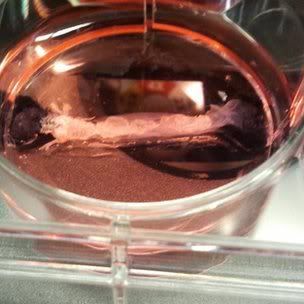It was suggested in a US study, published in online journal BMJ Open, on the 21st of February that actors who drink on the big screen are encouraging experimentation with alcohol amongst children.
The study says that the stars act as successful role models who encourage children to drink. The thinking goes that if a child looks at a famous actor and they are drinking heavily then it’s ok because they have already made themselves famous and they don’t look like they are suffering from health problems.
This study was unprecedented in the number of test subjects as it randomly selected more than 6,500 American children between the ages of 10 and 14 for a phone interview, and then another three additional interviews in the next two years. Obviously, they would have had an issue getting through to some children as their parents were too drunk to answer the phone at the time (hint hint).
The questions asked ranged from which movies they had seen, whether they currently drank or had drunk alcohol in the past, and whether they owned any merchandise which had any alcoholic brands attached to it. Of course, they were also asked about their school and home lives in general too.

The films used to compare the implied and actual consumption of alcohol by researchers were taken from films which had grossed at least $15,000,000 when the interviews had first started. After that the researchers then used the character’s implied and actual consumption and purchases of alcohol to find out the results.
The researchers found that youngsters, on average, had been exposed to roughly four to eight hours of viewing involving alcohol from the most popular films on the market. Other items of interest from the survey also showed that during the two year study, the number of respondents who admitted they had started drinking alcohol had risen from 11% at the start to 25% by the end of it.
Furthermore, the number of binge drinkers tripled from 4% to 13% by the end of the study; binge drinking, as outlined in this study, is having at least five drinks in a row.
Ok, these are startling figures as they do eclipse the figures gained from having bad parents, having lots of money, and a rebellious teen spirit. But can’t we see one fatal flaw in this experiment? How exactly do you isolate this one specific factor?
How are you going to isolate this one specific factor, which is alcohol in movies, without putting the kids in a room on their own? The answer is you can’t. So how can these figures really be that reliable? The answer is they can’t as they are also going to be exposed to a number of different factors at the same time; such as peer pressure, rebellion, and coming into money.
And let’s go further and make the point that a phone survey is just a phone survey. None of the test subjects were ever met in person so how can you be sure they are telling the truth? And when someone talks about alcohol we all know that people significantly underestimate how much they really drink, don’t we?
But let’s look at children. Children are always being told how bad it is to drink underage, which is against the law. So realistically how many of them are going to readily admit it? How do you know that some of the test subjects are not claiming they don’t drink when they really do? If they did this would further support the study’s conclusion, but it’s important just to bring up the point anyway.
Nonetheless, what we can expect from the findings of this study is that they will either slink away from the publix gaze into the darkness after a week or so or it will cause panic throughout America and parents will be covering their children’s eyes and protesting for the removal of all alcohol from films. Sooner or later we are going to end up living in a world where alcohol can’t be seen on TV, can’t be talked about on the radio, can’t have colourful packaging, and can only be drunk within the basement of one’s own home, when the child is at school.
So it’s either going to be a giant overreaction or completely ignored, what do you think?




